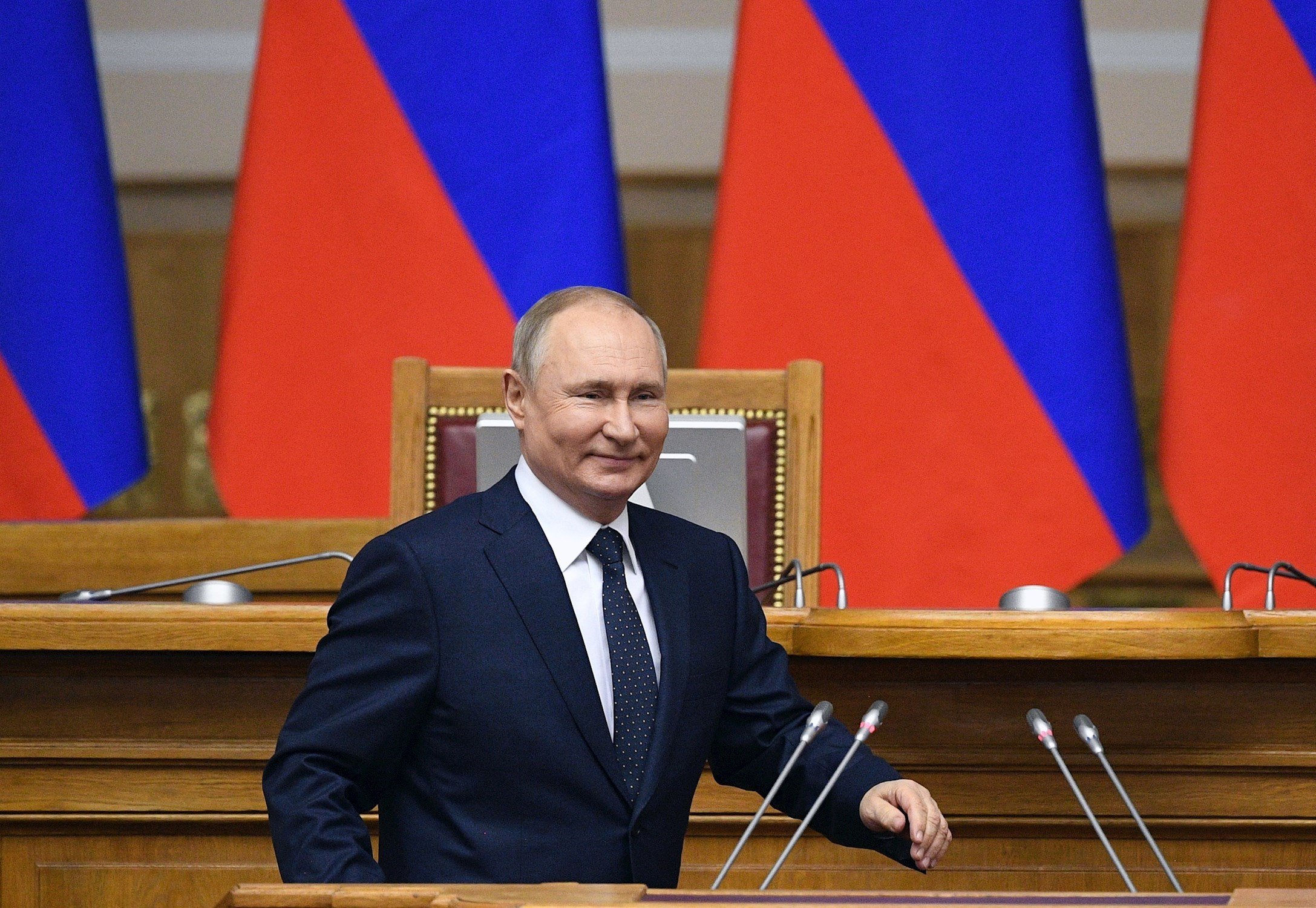Although it has gone largely unreported by major Spanish media, this Monday it was made public that Spain's National Audience court has closed the case on the alleged presence of Russian spies in Catalonia shortly before the independence referendum of 1st October 2017. The reason: not even minimal indications of any crime. And Russia has already reacted.
The summary of the court investigation, which took place behind a veil of judicially-imposed secrecy and was thrown out in July 2020, revealed that the passage through Barcelona of a Russian military intelligence general, Sergei Fedotov, allegedly under the alias of Denis Sergeyev, was just one branch of a broader investigation made by the National Police Corps and intended to reveal Russia's alleged links to Catalan independence activists.
One of the most significant facts provided by the Spanish police to the National Audience wth regard to the alleged Russian interference was the visit that businessman Oriol Soler made to Julian Assange on November 9th, 2017 at the Ecuadorian embassy in London, where the WikiLeaks founder had taken refuge. That visit was part of Soler's trip to several parts of the world in connection with the independence process, including Russia. Spain's Civil Guard had also linked Soler with "a strategy of misinformation and destabilization" which the Kremlin was conducting "as part of its general narrative about a European Union on the brink of collapse."
Russian mockery
With the announcement that the case was thrown out, Russian diplomats have taken the opportunity to make fun of how the issue was handled, recalling the sensation that was generated by major Spanish media when the investigation came to light. "Spanish media report that they have just learned of the decision of the National Audience court in July 2020 to close the investigation into the alleged Russian interference in Catalonia on the eve of the referendum on October 1st 2017 'due to not finding minimum indications of a crime'", said the Russian embassy in Madrid in a tweet this Monday.
"It is curious that journalists learned of the start of the 'secret investigation' with an amazing effectiveness and learned of its closure a year [after the event]. The question is: what does your audience think about this?" asks the embassy.
Finally, and as a way of washing its hands of the affair, the embassy reaffirms everything it said when the Civil Guard conducted its Operation Volhov - a raid and investigation of pro-independence politicians which among its justifications made assertions that Russia had proposed to send an army to protect a Catalan Republic: "It can also be noted that the Embassy patiently pointed out how absurd the insinuations were on this issue and the total lack of evidence", said Moscow's embassy today. "Russia does not interfere in the internal affairs of other states. As for Catalonia, our country has always been committed to resolving the situation within the framework of Spanish legislation in the interests of a united and prosperous Spain, respecting the rights and freedoms of all citizens of this country,” it concludes.
Main image: Russian president Vladimir Putin / Photo: Efe

